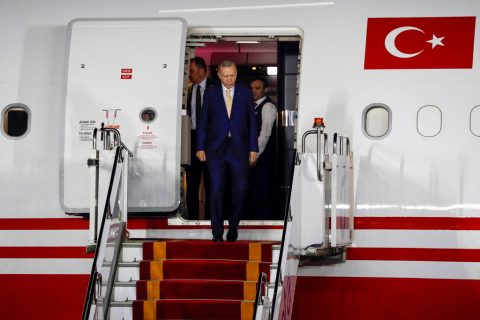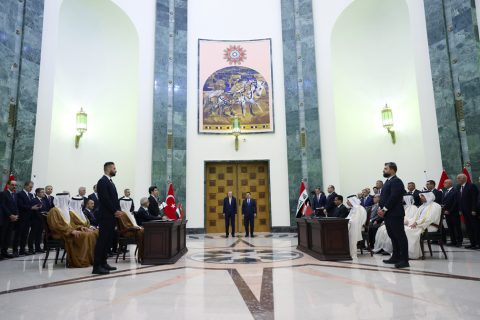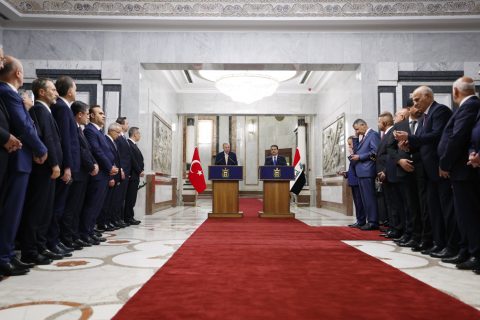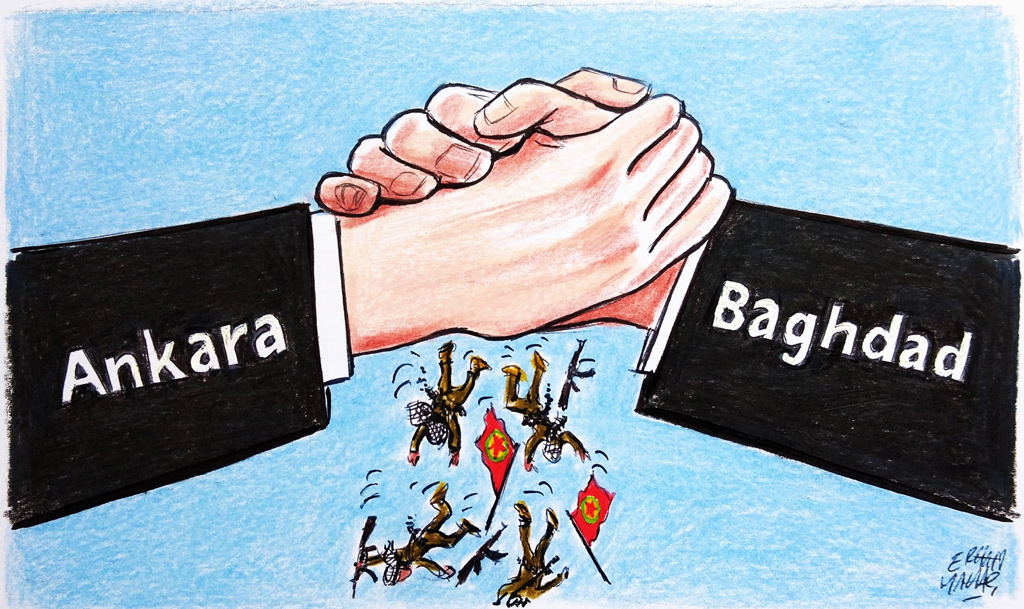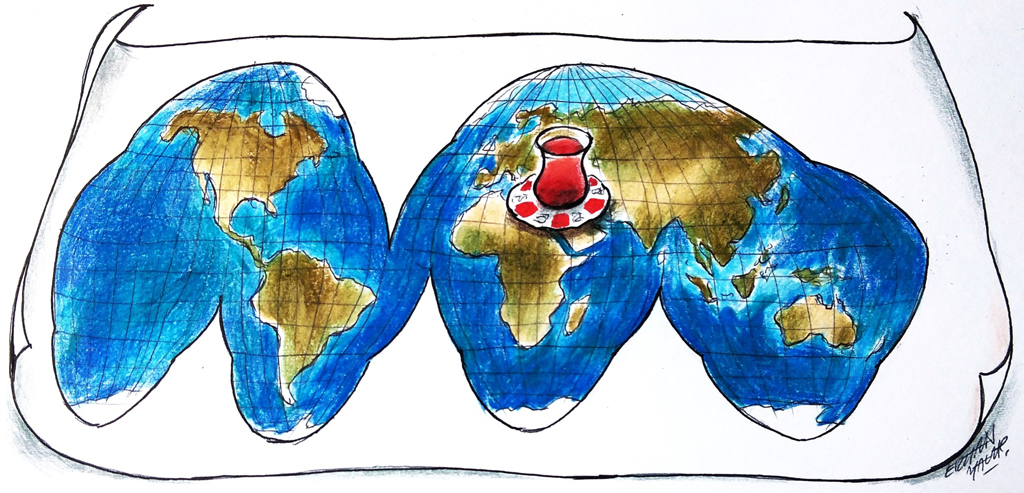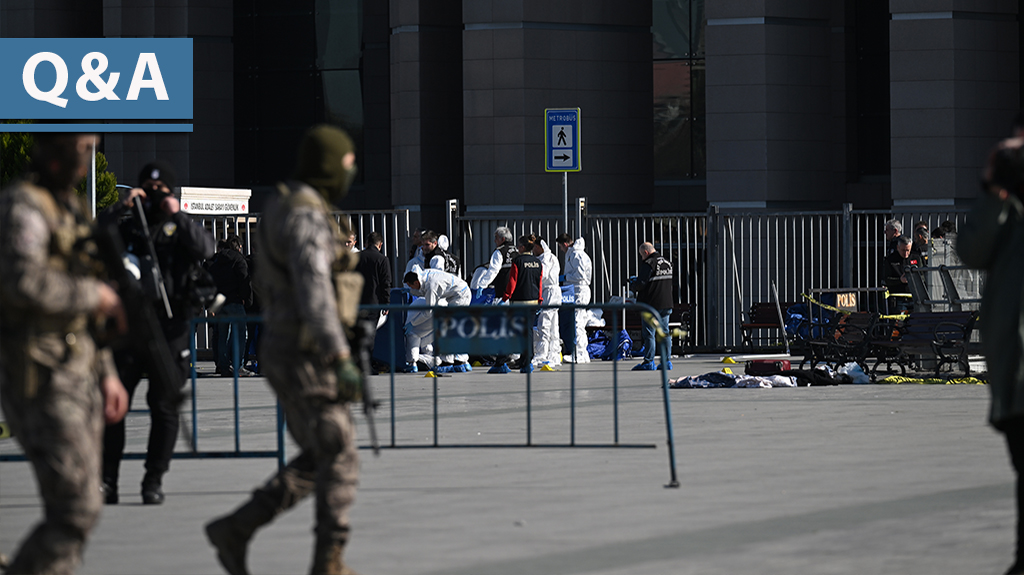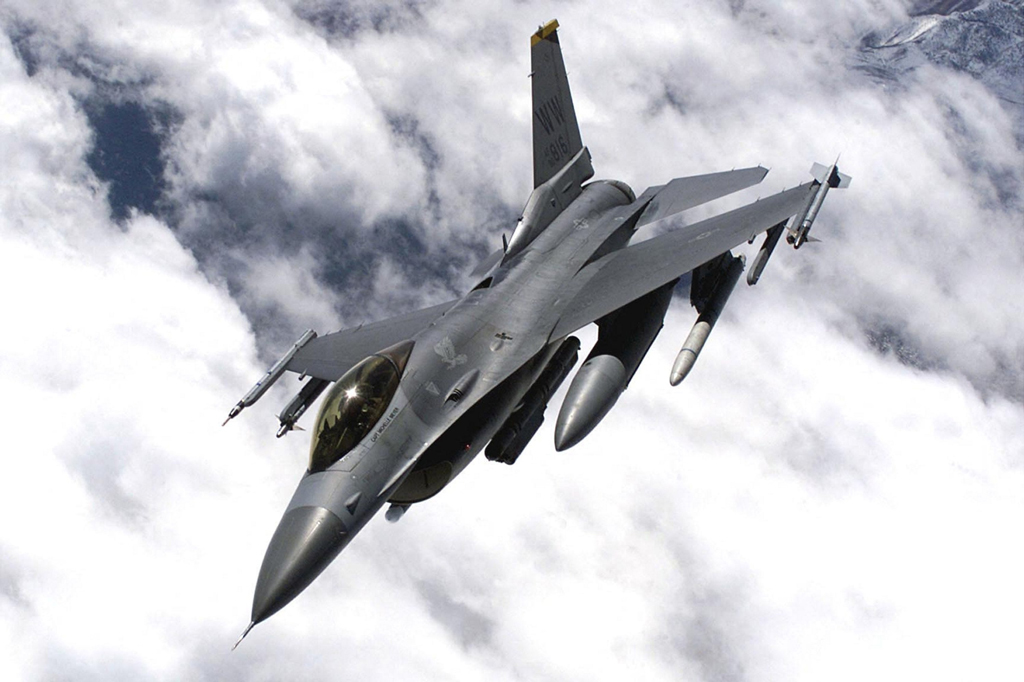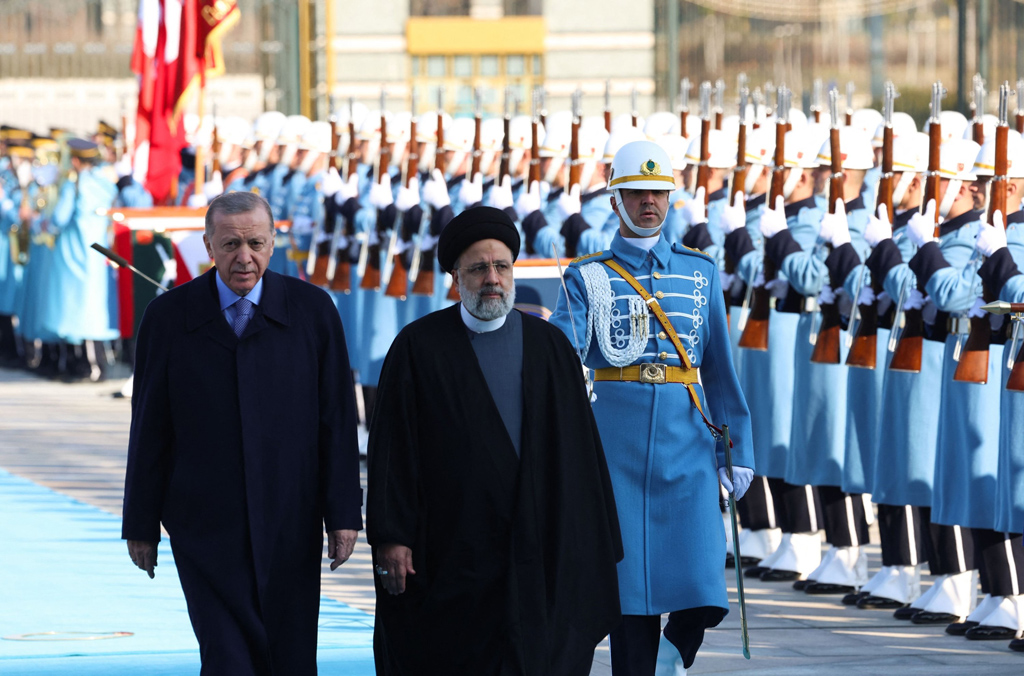Fight against PKK
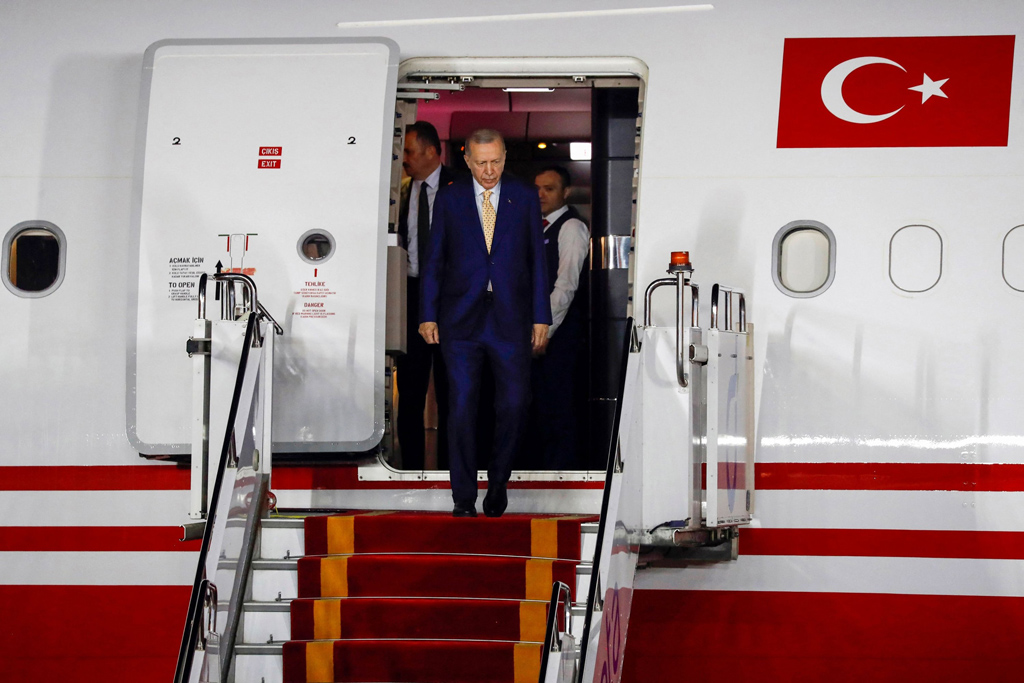
Erdoğan’s landmark visit to Iraq
| OpinionPresident Recep Tayyip Erdoğan’s recent visit to Iraq could mark the beginning of a new …
-
Opinion
Erdoğan’s landmark visit to Iraq
By Murat YeşiltaşPresident Recep Tayyip Erdoğan’s recent visit to Iraq could mark the beginning of a new chapter in the longstanding relationship between Türkiye and Iraq. During his visit to Baghdad, Türkiye and Iraq signed a strategic framework agreement that addresses a variety of issues, ranging from security to economic cooperation. This agreement represents the culmination of nearly a year of productive high-level discussions between the two countries. Furthermore, President Erdoğan’s first visit to Iraq since 2011 has established new connections between Türkiye, Iraq, the United Arab Emirates (UAE) and Qatar, enhancing the region’s geo-economic landscape.
-
Opinion
A fresh start in Türkiye-Iraq relations
By Burhanettin DuranUnder the strategic framework agreement for joint cooperation, which the two countries inked in Baghdad, their bilateral relations have been elevated to the level of strategic partnership with a “qualitative leap.” The Turkish and Iraqi governments created a road map for future cooperation. Their commitment to solving problems and elevating their cooperation to the highest level rests on the “win-win” principle. Accordingly, the Turkish delegation, which included eight Cabinet ministers, focused on a broad range of issues, including counterterrorism, cross-border waters, security, the defense industry, trade, health care, communication, education, energy and transportation.
-
Opinion
Turning point in Türkiye-Iraq relations
By Muhittin AtamanPresident Recep Tayyip Erdoğan paid an official one-day visit to Iraq on Monday. He was accompanied by a large delegation, including Foreign Minister Hakan Fidan, Interior Minister Ali Yerlikaya, Defense Minister Yaşar Güler, Trade Minister Ömer Bolat, Energy Minister Alpaslan Bayraktar, Minister of Transportation and Infrastructure Abdülkadir Uraloğlu, Minister of Agriculture and Forestry Ibrahim Yumaklı and Minister of Industry and Technology Fatih Kacır. Many high-ranking Turkish officials also accompanied President Erdoğan.
Bu Konuda Daha Fazla
-
New era for Turkish-Iraqi ties heralds key developments
By Burhanettin DuranTürkiye and Iraq issued a joint statement following last week’s security summit in Baghdad, marking the beginning of a new chapter in bilateral relations.
-
Türkiye’s position in multipolar world landscape
By Burhanettin DuranThe debate on Turkish foreign policy's "axis," "strategic autonomy" and "normalization" policy was recently revived by Parliament's approval of Sweden's NATO membership, President Recep Tayyip Erdoğan's Cairo trip and Türkiye joining the European Sky Shield Initiative.
-
Q&A: Çağlayan Courthouse Attack
By Mehmet Salah Devrim By Sibel DüzWhat happened? Who are the attackers? What was the goal of the attack? How is Türkiye combating DHKP-C? What does this mean for the future?
-
Can F-16 sales overcome Türkiye-US disputes?
By Murat YeşiltaşFollowing Türkiye’s ratification of Sweden’s NATO membership in the Turkish Parliament, the U.S. State Department notified Congress of a $23 billion (TL 698.52 billion) sale of fighter jets to Türkiye and an $8.6 billion sale of advanced F-35 fighter jets to Greece, another ally in the NATO. The sale to Türkiye includes 40 Lockheed Martin F-16s and equipment to modernize the existing fleet of 79 F-16s. Greece will receive 40 F-35 Lightning II Joint Strike Fighters and related equipment.
-
Complex dynamics of Türkiye-Iran relations
By Murat YeşiltaşTraditionally, Türkiye-Iran relations have been defined by a mix of competition and cooperation. Sharing a long land border and possessing a multidimensional historical depth, numerous dynamics simultaneously affect the relationship between the two countries.
